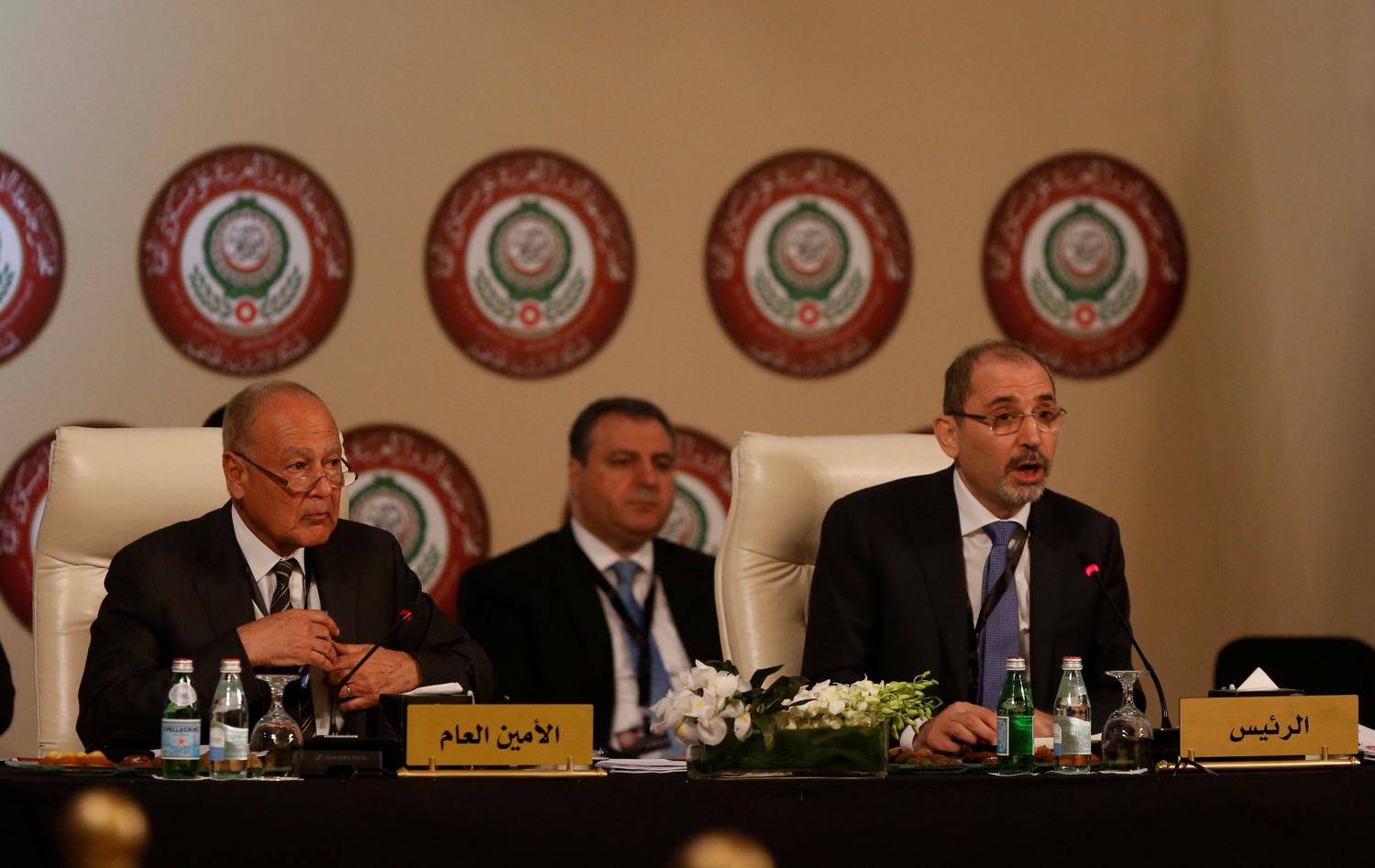Introduction:
There is an Egyptian proverb that says those who worry about demons will tend to run into them. Like much folk wisdom, it has solid psychological foundations; the likelihood of a problem rearing its head often appears to be exacerbated by constantly fretting about it. Ever since Hosni Mubarak stepped down as president of Egypt on February 11, 2011, the demon named “Now What?” has been keeping the Israeli government up at night. On August 18, it finally leapt up at them.
That day, a group of armed men attacked Israeli buses, as well as civilian and military vehicles north of Eilat, near the Egyptian border. Eight Israelis, both civilians and soldiers, were killed. The Israel Defense Forces (IDF) set off in hot pursuit, shooting at the attackers from a helicopter. The helicopter crew either failed to notice, or ignored, that they were shooting over the Egyptian side of the border. In the pursuit, three Egyptians— an officer and two enlisted men—were killed and another three later died of their wounds. Israeli minister of defense Ehud Barak, while blaming Palestinian groups for the assault, made comments to the effect that the attacks were largely Egypt’s fault as there had been a major security collapse in Egypt since the former regime had been ousted six months earlier.
The way matters unfolded over the next few days pointedly illustrated the answer to a question that had been asked repeatedly both by international media and the Israeli government since Hosni Mubarak’s ouster: What did Egypt’s January 25 Revolution mean for Israel? The simplest answer is that it is no longer business as usual. The relationship between Egypt and Israel has changed and both countries will have to navigate new waters carefully and wisely.
The Brookings Institution is committed to quality, independence, and impact.
We are supported by a diverse array of funders. In line with our values and policies, each Brookings publication represents the sole views of its author(s).





